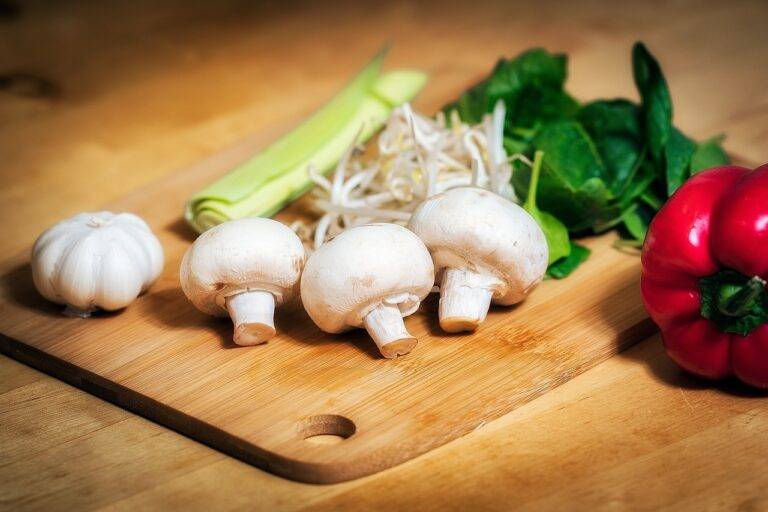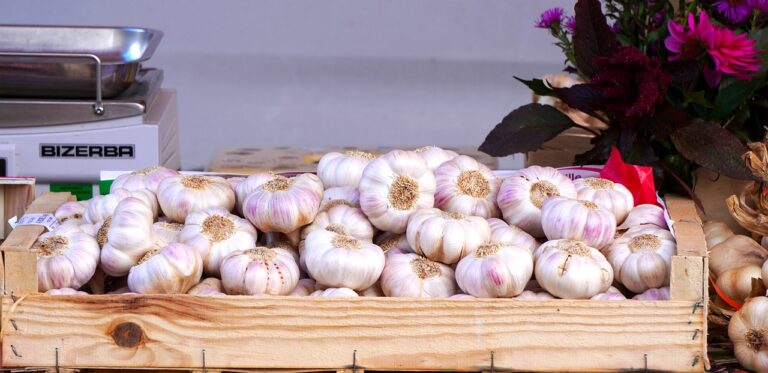Fermented Foods and Seasonal Eating: Harnessing Nature’s Bounty
betbhai9, playexch in login, lotus365 in login password: When it comes to eating healthy, we often hear about the importance of getting a variety of nutrients and incorporating fresh fruits and vegetables into our diets. But have you ever considered the benefits of fermented foods and seasonal eating? In this article, we will explore how these two principles can work together to harness nature’s bounty and support our overall health and well-being.
What are Fermented Foods?
Fermented foods have been around for centuries and are a staple in many traditional diets. The process of fermentation involves using bacteria, yeast, or other microorganisms to break down sugars and convert them into compounds like alcohol or acids. This process not only preserves the food but also enhances its flavor and nutritional value.
Some common examples of fermented foods include yogurt, kefir, sauerkraut, kimchi, and kombucha. These foods are rich in probiotics, which are beneficial bacteria that support gut health and overall digestion. Probiotics have been linked to numerous health benefits, including improved immune function, better nutrient absorption, and reduced inflammation.
In addition to probiotics, fermented foods are also a good source of vitamins, minerals, and antioxidants. For example, sauerkraut is high in vitamin C, which is essential for a healthy immune system, while yogurt provides calcium and protein for strong bones and muscles.
Seasonal Eating: Listening to Nature’s Rhythms
Seasonal eating is the practice of consuming foods that are in season during a particular time of year. This approach is based on the idea that our bodies’ nutritional needs change with the seasons and that nature provides us with the foods we need to thrive at different times of the year.
Eating seasonally can help us stay connected to the rhythms of nature and support our bodies’ natural cycles. For example, in the summer, we tend to crave lighter, more refreshing foods like salads and fruits, while in the winter, we may gravitate towards hearty soups and stews to keep us warm and satisfied.
By eating foods that are in season, we can ensure that we are getting the freshest and most nutrient-dense produce available. Seasonal fruits and vegetables are picked at their peak ripeness, which means they contain the highest levels of vitamins, minerals, and antioxidants. In contrast, out-of-season produce that has been shipped long distances may have lower nutrient content and a less vibrant flavor.
Harnessing Nature’s Bounty: Combining Fermented Foods and Seasonal Eating
When we combine fermented foods with seasonal eating, we create a powerful synergy that can benefit our health in numerous ways. Fermented foods help to support our gut health and digestion, while seasonal produce provides us with a diverse array of nutrients that change with the time of year.
For example, in the spring, we can enjoy fermented asparagus or radishes to support our bodies’ natural detoxification processes. In the summer, we can make homemade probiotic-rich pickles using fresh cucumbers and dill. In the fall, we can ferment apples and pears to boost our immune systems as the weather cools down. And in the winter, we can enjoy hearty soups made with seasonal root vegetables and fermented miso for a warming and comforting meal.
FAQs
1. Are fermented foods safe to eat?
Yes, fermented foods are generally safe to eat and can be a healthy addition to your diet. However, if you have a compromised immune system or a digestive condition like SIBO, you may want to consult with a healthcare provider before consuming fermented foods.
2. How can I incorporate more fermented foods into my diet?
There are many ways to incorporate fermented foods into your diet, such as adding a spoonful of sauerkraut to your salad, mixing kefir into your smoothie, or enjoying a kombucha as a refreshing beverage.
3. How can I eat seasonally if I live in a place with limited access to fresh produce?
If you live in a place with limited access to fresh produce, consider exploring local farmers markets, community supported agriculture (CSA) programs, or even growing your own fruits and vegetables. You can also try preserving seasonal produce through fermentation or canning to enjoy them throughout the year.
4. Can I ferment any type of food?
While many foods can be fermented, it’s important to follow proper fermentation techniques to ensure safety and quality. Some common foods that are fermented include vegetables, fruits, dairy products, and grains.
In conclusion, by incorporating fermented foods and seasonal eating into our diets, we can tap into nature’s bounty and support our health in a holistic way. Whether you’re enjoying a crisp apple in the fall or a tangy kimchi in the summer, there are endless opportunities to explore the delicious and nutritious world of fermented and seasonal foods. So why not harness the power of nature’s bounty and start reaping the benefits today?







